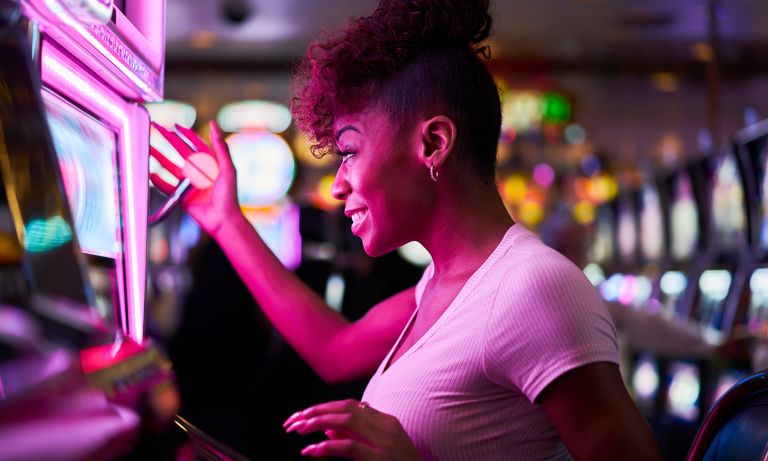Slot machines, those flashing, noisy contraptions that dominate casino floors, have long fascinated psychologists for the unique hold they seem to have over players. The allure of these machines lies not just in the possibility of winning big, but in the intricate psychological mechanisms they tap into. Behind every spin of the reels is a calculated design, aimed at maximizing engagement and encouraging players to keep going, regardless of their wins or losses. Slot machines are crafted to exploit human vulnerabilities, particularly our susceptibility to patterns, rewards, and the pleasure derived from uncertainty. At the core of the slot machine’s appeal is the concept of intermittent reinforcement. This principle, rooted in behavioral psychology, refers to the unpredictability of rewards. Unlike consistent rewards, intermittent rewards are dispensed at random intervals, which tend to keep players hooked longer. It is the same mechanism that makes people check their phones repeatedly for notifications or play mobile games for hours. Slot machines thrive on this unpredictability.
Players do not know when, or if, they will win, but the mere possibility that the next spin could lead to a jackpot keeps them coming back. The near miss effect also plays a significant role here. Psychologists have found that when players almost win – when two out of three reels align with winning symbols their brains respond in a way similar to how they would react to an actual win. This near-miss effect drives them to keep spinning, in the belief that victory is just around the corner. The sensory experience of playing a slot machine is also deliberately engineered to heighten engagement. Bright lights, exciting sounds, and celebratory animations make even small wins feel like significant achievements. These sensory triggers, combined with the sheer ease of pressing a button, create a feedback loop that reinforces the behavior. The simplicity of the Slot gacor makes it accessible to everyone, regardless of experience, making the temptation to just give it a try even stronger.
Another key psychological factor is the sunk cost fallacy, where players feel compelled to continue playing because they have already invested time or money. The thought process is that if they have spent hours or dollars without winning, the next spin must be the lucky one. This belief can lead to extended play sessions, with players chasing their losses, even though the odds are overwhelmingly stacked against them. Additionally, the use of bonuses and loyalty rewards by casinos further fuels this belief, encouraging players to keep spinning in the hope of recouping their losses or winning even more. The emotional highs and lows associated with playing slot machines also contribute to their addictive potential. Winning triggers a rush of dopamine, the brain’s pleasure chemical, which creates a feeling of euphoria. Even when players lose, the anticipation of the next spin gives them a sense of control over their fate, fueling the idea that they can win back their losses. In essence, slot machines are a carefully designed psychological puzzle.

